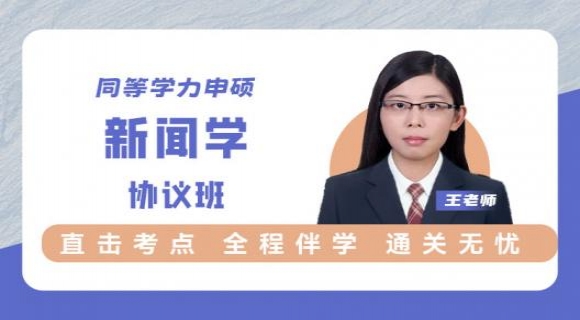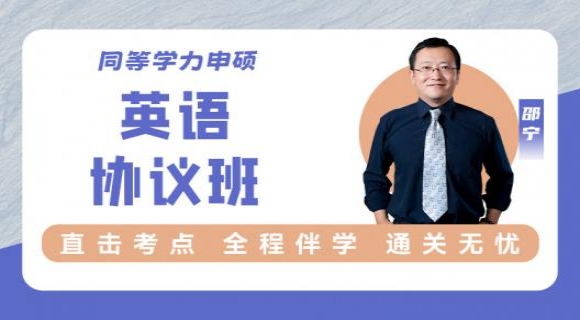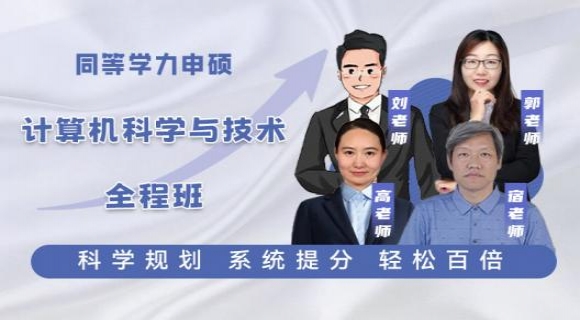英语每日一练
Before the 1970s, college students were treated as children. So many colleges ran in loco parentis system. “In loco parentis” is a Latin term meaning “in the place of a parent.” It describes when someone else accepts responsibility to act in the interests of a child.
This idea developed long ago in British common law to define the responsibility of teachers toward their students. For years, American courts upheld in loco parentis in cases such as Gott versus Berea College in 1913.
Gott owned a restaurant off campus. Berea threatened to expel students who ate at places not owned by the school. The Kentucky high court decided that in loco parentis justified that rule.
In loco parentis meant that male and female college students usually had to live in separate buildings. Women had to be back at their dorms by ten or eleven on school nights.
But in the 1960s, students began to protest rules and restrictions like these. At the same time, courts began to support students who were being punished for political and social dissent.
In 1960, Alabama State College expelled six students who took part in a civil rights demonstration. They sued the school and won. After that it became harder and harder to defend in loco parentis.
At that time, students were not considered adults until 21. Then, in 1971, the 24th amendment to the Constitution set the voting age at eighteen. So in loco parentis no longer really applied.
Slowly, colleges began to treat students not as children, but as adults. Students came to be seen as consumers of educational services.
Gary Dickstein, an assistant vice president at Wright State University in Dayton, Ohio, says in loco parentis is not really gone. It just looks different. Today’s parents, he says, are often heavily involved in students’ lives. They are known as “helicopter parents.” They always seem to hover over their children. Gary Dickstein says these parents are likely to question decisions, especially about safety issues and grades. They want to make sure their financial investment is not being wasted.
1.Before the 1970s, many colleges ran in loco parentis system because __________.
A. they could take the place of the students’ parents
B. parents asked them to do it for the interests of their children
C. this was a tradition established by British colleges
D. college students were regarded as too young to be treated as adults
2.Who won the case of Gott versus Berea College in 1913?
A. Berea College.
B. Gott
C. It was a win-win case.
D. The students.
3.The word “dissent”(Para.5) probably means “__________”.
A. extreme behaviors
B. violation of laws
C. strong disagreement
D. wrong doings
4.In 1960, the court ruled that Alabama State College __________.
A. had no right to expel the students
B. was justified to have expelled the students
C. shouldn’t interfere with students’ daily life
D. should support civil rights demonstrations
5.According to Gary Dickstein, today’s “helicopter parents __________.
A. don’t set their hearts at rest with college administrators
B. keep a watchful eye on their children’s life and study
C. care less about their children’s education than before
D. have different opinions on their children’s education
——————————
正确答案
1.【答案】D
【考点】细节推断
【解析】20世纪70年代之前,许多的大学运行“代替父母”体系的原因是什么。
在文章第一段前两句我们可以找到答案:在20世纪70年代之前,大学生都被当作孩子对待。因此许多大学运行“代替父母”这一体系。因此,此题选D项“大学生因为太年轻而被当成孩子对待”。
【误项排除】A项“他们能够代替学生的父母”,B项“为了孩子的利益,孩子的父母让学校这么做的”,C项“这是英国大学的一个传统”,这三项不符合题意。
2.【答案】A
【考点】细节推断
【解析】1913年戈特对伯里亚学院的诉讼案中谁胜出了?
在文章第二段第两句:多年以来,美国法庭在案子中支持“代替父母”方,比如1913年戈特对伯里亚学院的诉讼案。而“代替父母”方指的是学校。因此,此题选A项“伯里亚学院”。
【误项排除】B项“戈特”,C项“这是一例双赢案件”,D项“学生”,这三项不符合题意。
3.【答案】C
【考点】语义推断
【解析】第五段“dissent”一词最可能指的是什么。
在文章第五段第一句:但是在20世纪60年代,学生开始抗议类似的规定和约束。可知学生对此有异议。因此,此题选C项“强烈的异议”。
【误项排除】A项“极端行为”,B项“违反法律”,D项“坏事”,这三项不符合题意。
4.【答案】C
【考点】细节推断
【解析】1960年法院判决阿拉巴马州立大学怎么样?
在文章第六段第一句:1960年,阿拉巴马州立大学开除了六名参与公民权利示威的学生。学生将学校告上法庭并获得胜诉。可知学生将学校告上法庭的原因是其过分干涉其公民权利。因此,此题选C项“不应该干涉学生的日常生活”。
【误项排除】A项“无权开除学生”违背常识,B项“开除学生是合理的”,D项“应该支持公民权利示威”,这三项不符合题意。
5.【答案】B
【考点】语义推断
【解析】加里·迪克斯坦认为,“直升机父母”是什么样的父母?
在文章最后一段倒数第二句:加里·迪克斯坦说,这些父母可能会盘问孩子的决定,特别是关于安全问题和学习成绩。因此,此题选B项“密切关注孩子的生活和学习”。
【误项排除】A项“不放心学校管理者”,C项“不像以前那样关心孩子的教育情况”,D项“对孩子的教育有不同的观点”,这三项不符合题意。















